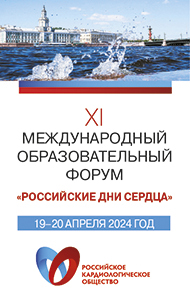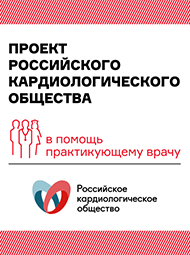Translating guidelines to practice: findings from a multidisciplinary preventive cardiology programme in the west of Ireland
Abstract
Aims The aim of this observational, descriptive study is to evaluate the impact of an intensive, evidence-based preventive cardiology programme on medical and lifestyle risk factors in patients at high risk of developing cardiovascular disease (CVD).
Methods Increased CVD risk patients and their family members/partners were invited to attend a 16-week programme consisting of a professional multidisciplinary lifestyle intervention, with appropriate risk factor and therapeutic management in a community setting. Smoking, dietary habits, physical activity levels, waist circumference and body mass index, and medical risk factors were measured at initial assessment, at end of programme, and at 1-year follow up.
Results Adherence to the programme was high, with 375 (87.2%) participants and 181 (84.6%) partners having completed the programme, with 1-year data being obtained from 235 (93.6%) patients and 107 (90.7%) partners. There were statistically significant improvements in both lifestyle (body mass index, waist circumference, physical activity, Mediterranean diet score, fish, fruit, and vegetable consumption, smoking cessation rates), psychosocial (anxiety and depression scales and quality of life indices), and medical risk factors (blood pressure, lipid and glycaemic targets) between baseline and end of programme, with these improvements being sustained at 1-year follow up.
Conclusions These findings demonstrate how a holistic model of CVD prevention can improve cardiovascular risk factors by achieving healthier lifestyles and optimal medical management.
Source: cpr.sagepub.com






